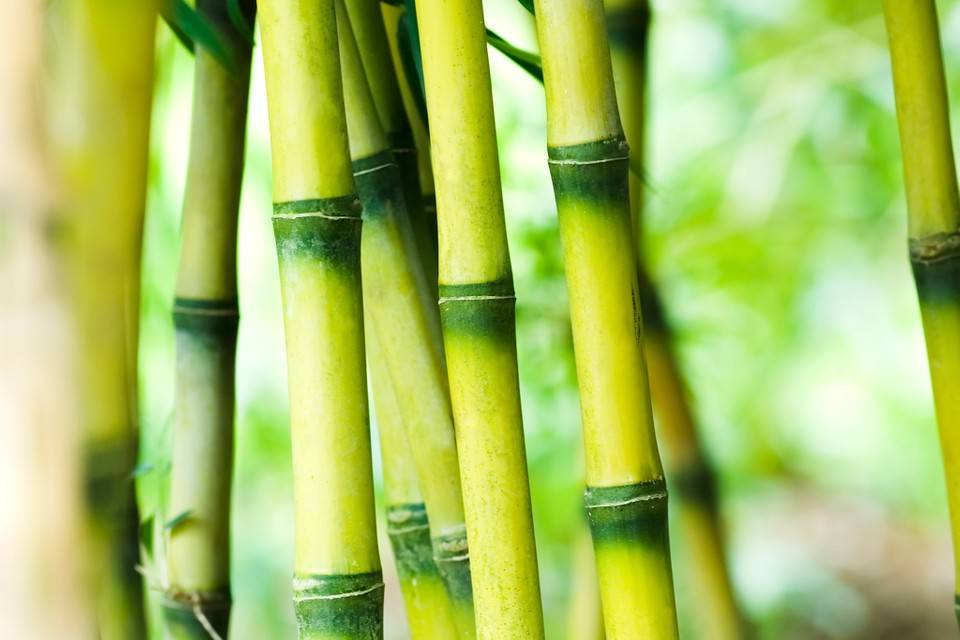Make The Switch!
Why Bamboo?
- Bamboo, being the fastest growing plant, is used to make our products. It can grow up to a height of 1 m in only 24 hours.
- Bamboo can be disintegrated in the soil just in a span of 6 months, while the plastic takes up to hundred years.
- Bamboo being strong, it’s quite durable and can survive any roughness.


Reduce, Reuse, Recycle
We believe in 3 R's
Reduce
One way to “reduce” is to purchase items that reduce the other things you’ll need. For instance, by purchasing more durable toothbrushes that’ll last longer.
Reuse
“Reuse” can be thought of in many different ways like to get rid to the plastic bags and to choose the reusable eco-friendly bags.
Recycle
“Recycle” is to transform the used up products like plastic, glass, paper, into something that can be used again. This prevents the use of the raw materials, so use the recycle container instead of the trash can.
The Sea thanks you!
How can you help to save Ocean?
- Plastic can take up to 1000 years to biodegrade and is the leading cause of mass pollution all over the world. Around 8 million plastic pieces are thrown in ocean every day.
- Billions of pounds of plastic can be found in swirling convergences that make up about 40 percent of the world’s ocean surfaces. At current rates plastic is expected to outweigh all the fish in the sea by 2050
- Although, cleaning the oceans will definitely help save the marine, also switching to plastic alternatives will greatly help in saving the ocean life.
- By switching today to Biodegradable products, you can easily contribute to the oceans which are in danger and need our help.


Say no to plastic!
How plastic affects marine life?
- According to a study, at least 800 species worldwide are affected by marine debris, and as much as 80 percent of that litter is plastic. It is estimated that up to 13 million metric tons of plastic end up in the ocean each year–the equivalent of a rubbish or garbage truck load’s worth every minute.
- Plastic waste kills up to a million seabirds a year. Scientists estimate that 60 percent of all seabirds species have eaten pieces of plastic, a figure they predict will rise to 99 percent by 2050.
